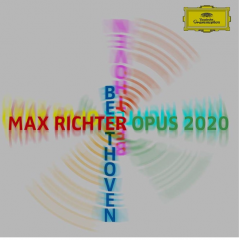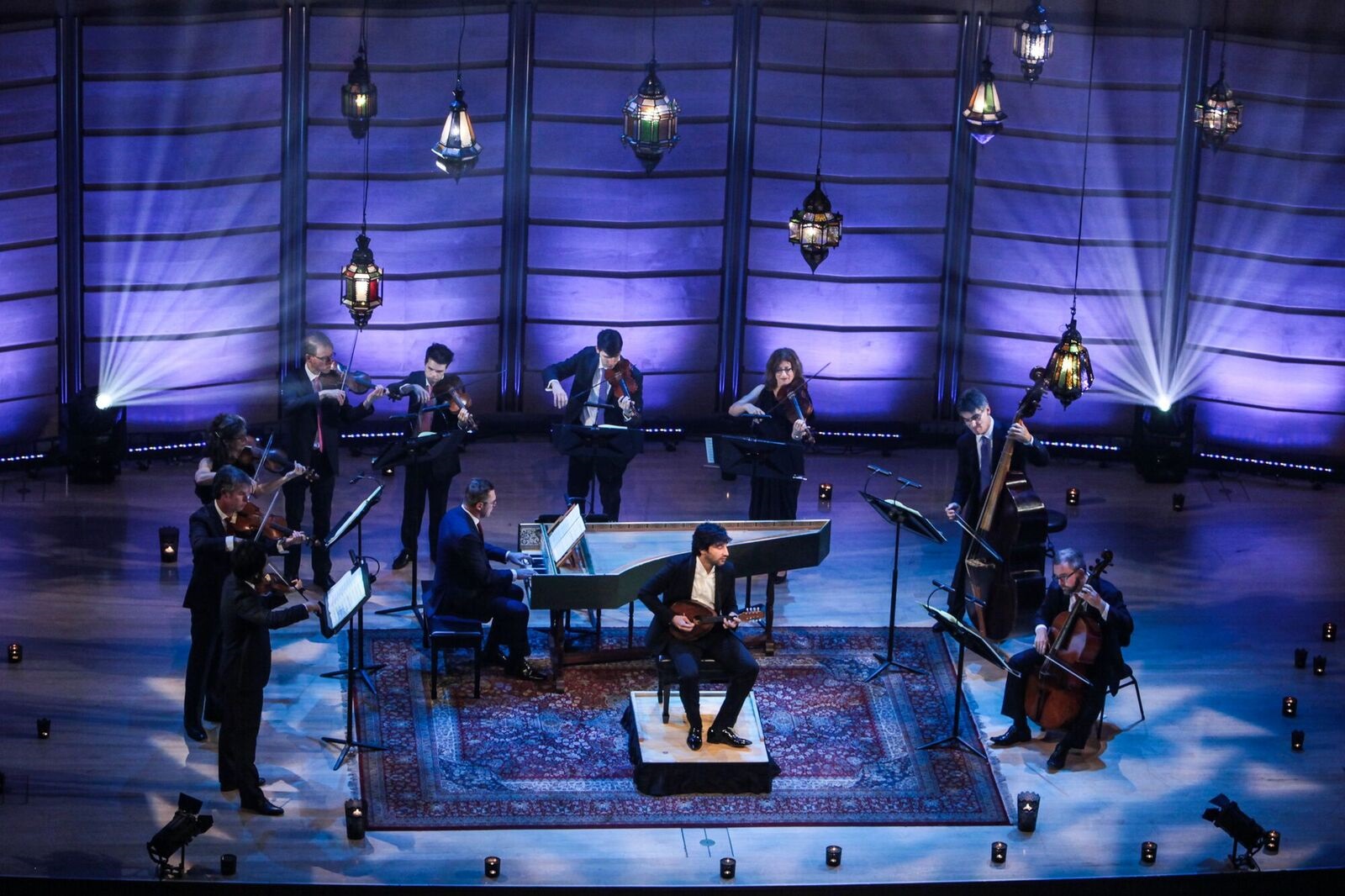Max Richter And Deutsche Grammophon Pay Homage To Beethoven Anniversary With A New Release And Streaming Event

Max Richter has written a new piece which pays homage to Beethoven with the release of its world premiere recording on the 250th anniversary of Beethoven’s birth.
Beethoven – Opus 2020 is a new orchestral work was commissioned by the Beethoven-Haus Bonn, which will host the world premiere performance on the eve of the anniversary.
Max Richter’s new work will be available on all digital streaming platforms from 17 December, the day on which Beethoven was born. Its world premiere performance is scheduled to take place at the Beethoven-Haus on 16 December and will be streamed live on Deutsche Grammophon’s Facebook page. Andante Loops, a piece for solo piano derived by Richter from his Opus 2020 score, will meanwhile receive its premiere on 11 December in Apple Music’s Beethoven Room. The two works will be paired together on a digital EP, available from 18 December.
Beethoven – Opus 2020 embodies Max Richter’s creative dialogue with the music of Beethoven. It also embraces the spirit of an earlier tribute piece, Karlheinz Stockhausen’s Opus 1970, made to mark Beethoven’s bicentenary fifty years ago. Recorded in November at the Beethoven-Haus Bonn by pianist Elisabeth Brauß, the Beethoven Orchester Bonn and conductor Dirk Kaftan, Beethoven – Opus 2020 captures the multi-layered strands of Richter’s score. The 18-minute work includes fragments of Beethoven’s music treated as overlapping sound collages. “When I started thinking about Opus 2020, I decided to bring some elements of Beethoven’s and Stockhausen’s practice into the present in new ways,” recalls Richter. “This intertextuality is typical of my work; whatever else a piece might be about, it is also, at some level, about other music.”
Stockhausen’s Opus 1970 reworks ideas from his earlier Kurzwellen for shortwave radios. The piece imagines that the radio sets, replaced in Opus 1970 by tape recorders, are all tuned to programmes playing Beethoven, over and around which Stockhausen reads excerpts from the heart-breaking Heiligenstadt Testament, the document written by Beethoven in 1802 as he was struggling to come to terms with progressive hearing loss. His sense of isolation and despair are eloquently expressed in its text, with a spark of hope evident in his decision to live on for the sake of his art, despite the toll life was then taking on him.
Max Richter set out to compose an orchestral work that treated Beethoven fragments like “tape loops”, but played by instrumentalists rather than on machines. Opus 2020 grew from that initial thought. “In order to realise this idea I have had to rethink how the orchestra works, and it has resulted in a very challenging, though seemingly simple score,” he comments.
Composing Opus 2020 involved integrating and overlapping fragments of different lengths and tempos and transforming the orchestra, usually governed by hierarchies of instruments, into what Richter calls a “democratic community” of ensembles. “A kind of ideal orchestral society emerges from this, embedding Beethoven’s humanistic vision in the process,” he observes. “The orchestral hierarchy is flattened out in favour of a democratic space. Echoing Beethoven’s vision, I too believe passionately in the elevating effect of creative works on individuals and society.”
Max Richter explains Beethoven-Opus 2020.



